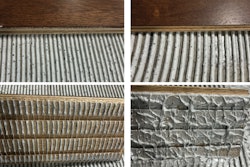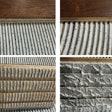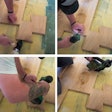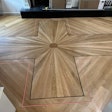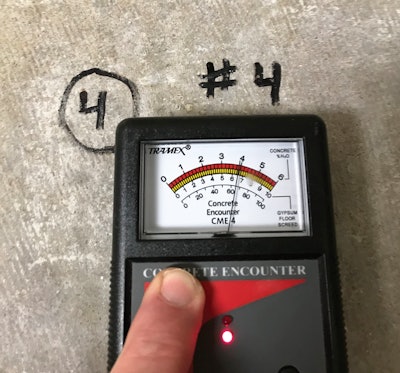
Do I need to take special precautions when installing engineered flooring below grade?
Tim Colgan, technical director at Milton, Ga.-based Välinge North America Inc., answers:
When installing wood flooring at any grade level, whether above, on, or below the outside grade, there are precautions that should always be taken: the subfloor needs to be firm, flat, and free:
Firm: Make sure there is no up/down movement. This is only a concern when a subfloor is wood (i.e. plywood).
Flat: The National Wood Flooring Association states a subfloor must be flat within 3/16 inch over any 10-foot area. This is regardless of what type of installation you are using.
Free (of excessive moisture): Check with your wood flooring manufacturer’s specific guidelines, but generally a wood subfloor have 12% moisture content or less and a concrete subfloor should be 80% relative humidity or less for a glue-down installation and 90% RH or less for a floating installation using the in situ concrete RH testing method.
RELATED: Tips To Avoid Trouble on Engineered Flooring Installations
With a below-grade installation, there is always a greater chance of subfloor moisture. It is imperative that moisture testing be performed prior to installation. If the preferred method of installation is to directly glue the flooring down, moisture mitigation may need to be done. Many wood floor adhesive companies have complementary systems to be used in conjunction with their glues.
Floating the floor (if the manufacturer approves it with the specific hardwood) allows for an underlayment that includes a moisture barrier to be used. This is the most cost-effective method for installing in an elevated subfloor moisture situation.
Regardless of your installation method desired, always follow the manufacturers’ installation directions to ensure a successful result!
RELATED: Tricks From My Life Doing Glue-Down Installs
















